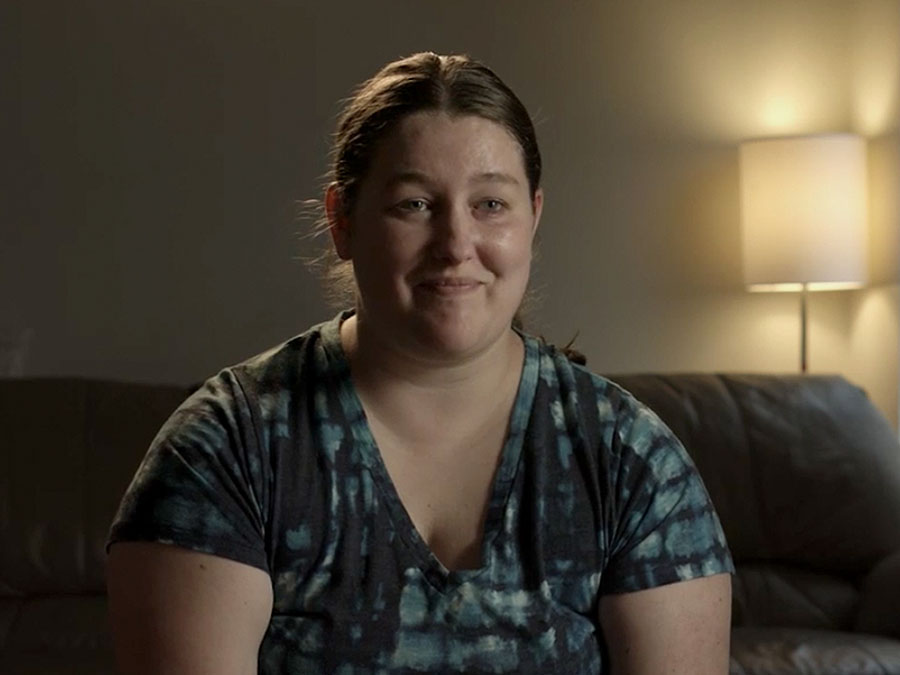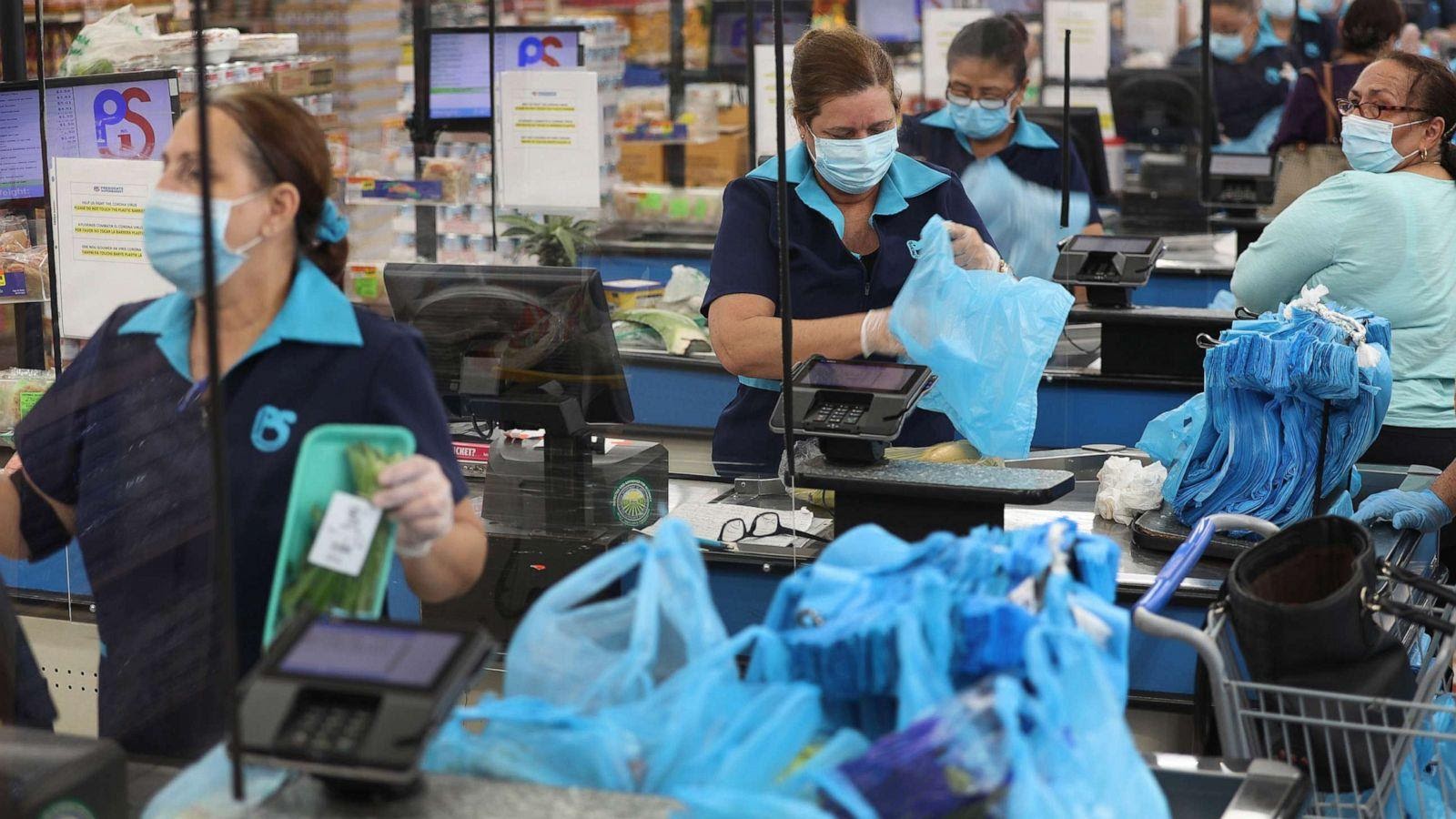Worker Stories

The Healthy Work Campaign would like to introduce you to Worker Stories, our collection of stories from you about unhealthy/toxic workplaces, healthy/engaging work, and how individuals came together to achieve “healthier work.” We also have cataloged many great reports about workers and their stories by journalists, researchers and others.
The story of work stress and health in the United States crosses every demographic, industry and job type. As you read through these stories, think about what work experience you could add to expand the conversation. We all have one.
Want to add your voice?
Visit our Share Your Story page!
In Your Words
AGRICULTURE
COMMUNICATIONS
CONSTRUCTION & DAY LABOR
CUSTOMER SERVICE
EDUCATION
HEALTH CARE
HOSPITALITY
LAW
LOGISTICS
MANUFACTURING & FOOD PROCESSING
MEDIA & ENTERTAINMENT
RETAIL
SERVICE & DOMESTIC LABOR
TECH
TRANSPORTATION

Reporting on Worker Health
2019-2023
- 8 Times People Hated Their Job So Much It Made Them Ill (HuffPost, 2019)
- 18 Retail Workers Revealed The Moments That Drove Them To Quit… (BuzzFeed, 2021)
- Bus Drivers (Health Day, 2020)
- Customer Behavior is Driving Pandemic Distress for Grocery Store Workers, Report Finds (University of Arizona News, 2020)
- Educators’ Experiences During the Pandemic: Impacts of Psychosocial Hazards and Exercising Their Rights (OHCOW, 2022)
- For restaurant workers, stress is always on the menu (Boston Globe, 2021)
- IA_Stories (2021-2022)
- ‘I will never work in retail again’: Big-box retail employees are feeling burnt out after a year of being stretched thin (Modern Retail, 2021)
- Nurses are exhausted: ‘We’ve been in this war for almost two years now’ (North Carolina Health News, 2021)
- ‘People are just walking out in the middle of shifts’: What it’s like to work in a restaurant right now (CNN Business, 2021)
- Power and Peril: 5 Takeaways on Amazon’s Employment Machine (NYTimes, 2021)
- Pregnant Then Screwed
- The Longest Shift (2020)
- The pandemic exposed the human cost of the meatpacking industry’s power: ‘It’s enormously frightening’ (The Guardian, 2021)
- Why it’s so hard to be a nurse in America, according to two nurses (Vox, 2021)
- Worked Up – video series (National COSH, 2022)
2013-2018
2002-2012
- Risk Amid Recovery: Occupational Health and Safety of Latino Immigrant Workers in the Aftermath of the Gulf Coast Hurricanes (LOSH & NDLON, 2006)
- Sick and Fired (Family Values @ Work)
- Voices from the Margins: Immigrant Workers’ Perceptions of Health and Safety in the Workplace (Full Report, LOSH, 2002)
- Working Families Story Bank (Family Values @ Work, 2011)
- Young Workers: Real Stories (OSHA)
